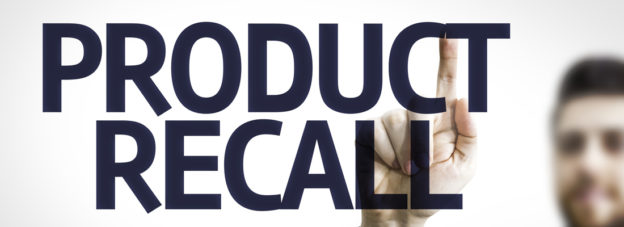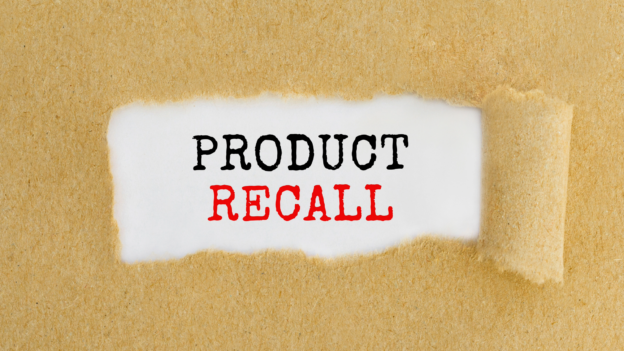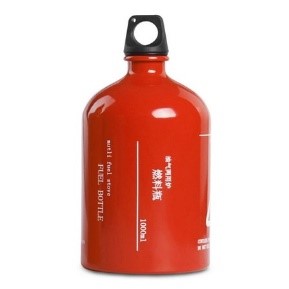In subrogation cases where the insured’s damages were caused by a defective product, the fact that the product at issue is or was subject to a recall announced by the Consumer Product Safety Commission (CPSC) may help to establish that the product was defective when it left the manufacturer’s possession and control. On June 13, 2024, the CPSC announced the following recalls related to products that present fire hazards:
- Bambu Lab Recalls A1 3D Printers Due to Electric Shock and Fire Hazards. According to the CPSC’s website, “[w]hen the recalled 3D printer’s heatbed cable is bent or damaged, it can short-circuit and spark or burn through the insulation layer, posing electric shock and fire hazards.”
- Adven Group Recalls Nap Queen Sleep Victoria Hybrid Mattresses Due to Fire Hazard; Violation of Federal Mattress Flammability Regulations. According to the CPSC’s website, “[t]he recalled mattresses violate mandatory federal flammability regulations for mattresses, posing a fire hazard to consumers.”
- Southern Telecom Recalls Lomi Roll-On Waxing Kits Due to Fire, Burn and Shock Hazards. According to the CPSC’s website, “[t]he roll-on warmer’s power cord can overheat and short circuit, posing fire, burn, and electrical shock hazards.”
- Daikin Comfort Technologies Manufacturing Recalls Amana, Daikin, Goodman-Branded Air Conditioning and Heat Pump Packaged Units Due to Fire Hazard. According to the CPSC’s website, “[t]he unit’s serial plate can have incorrect electrical ratings which can lead to incorrect wirings being used, posing a fire hazard.”










